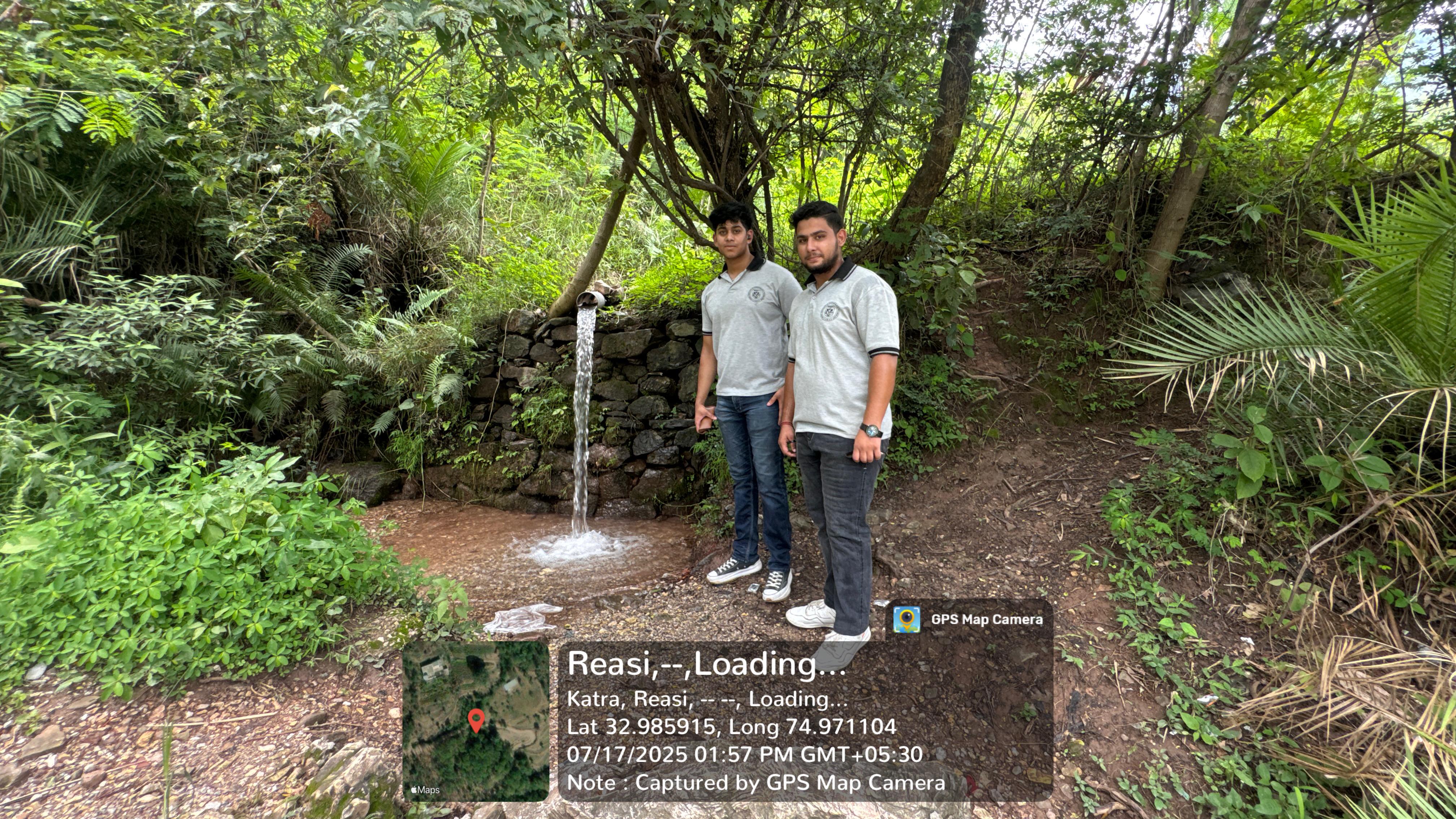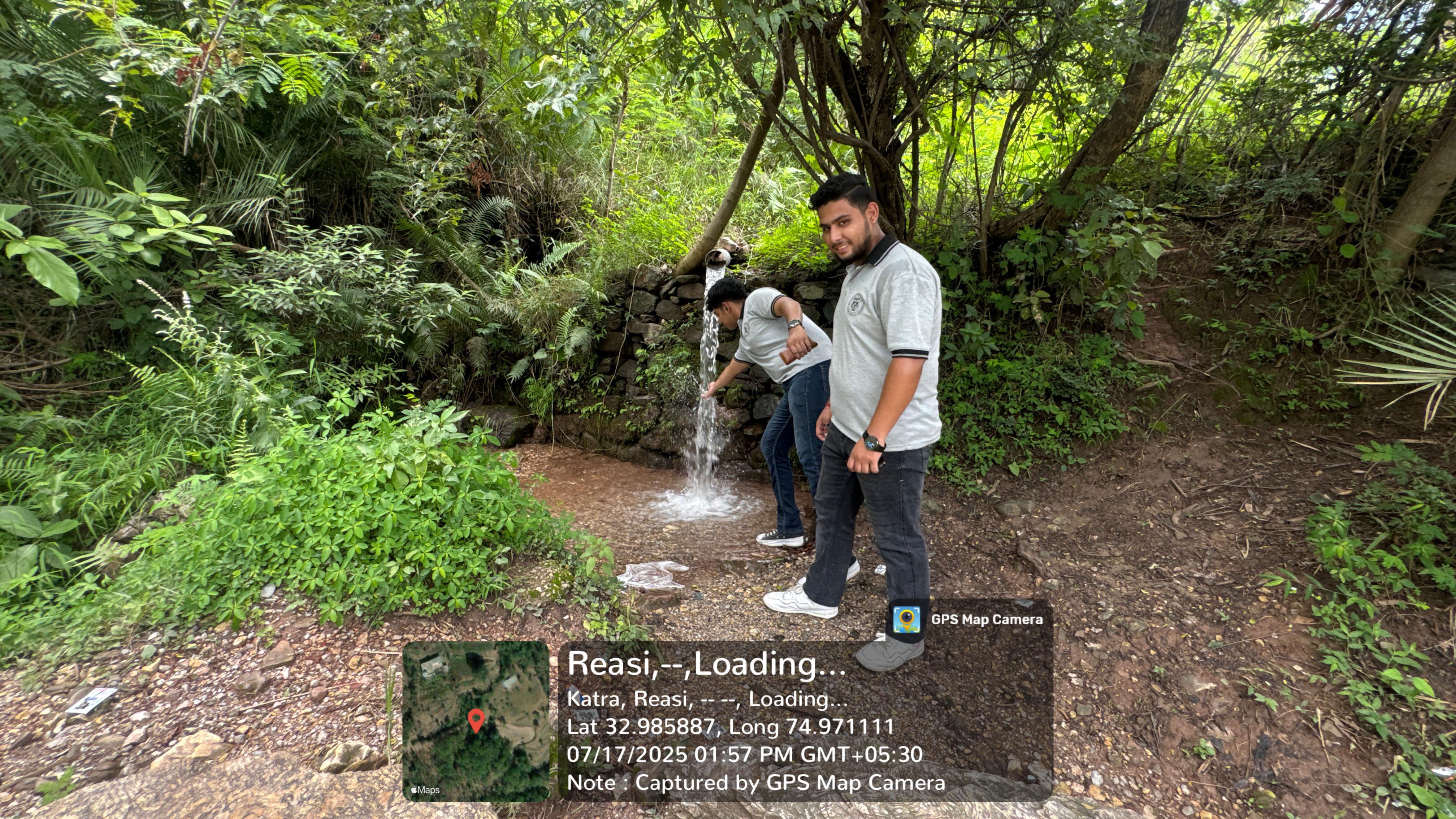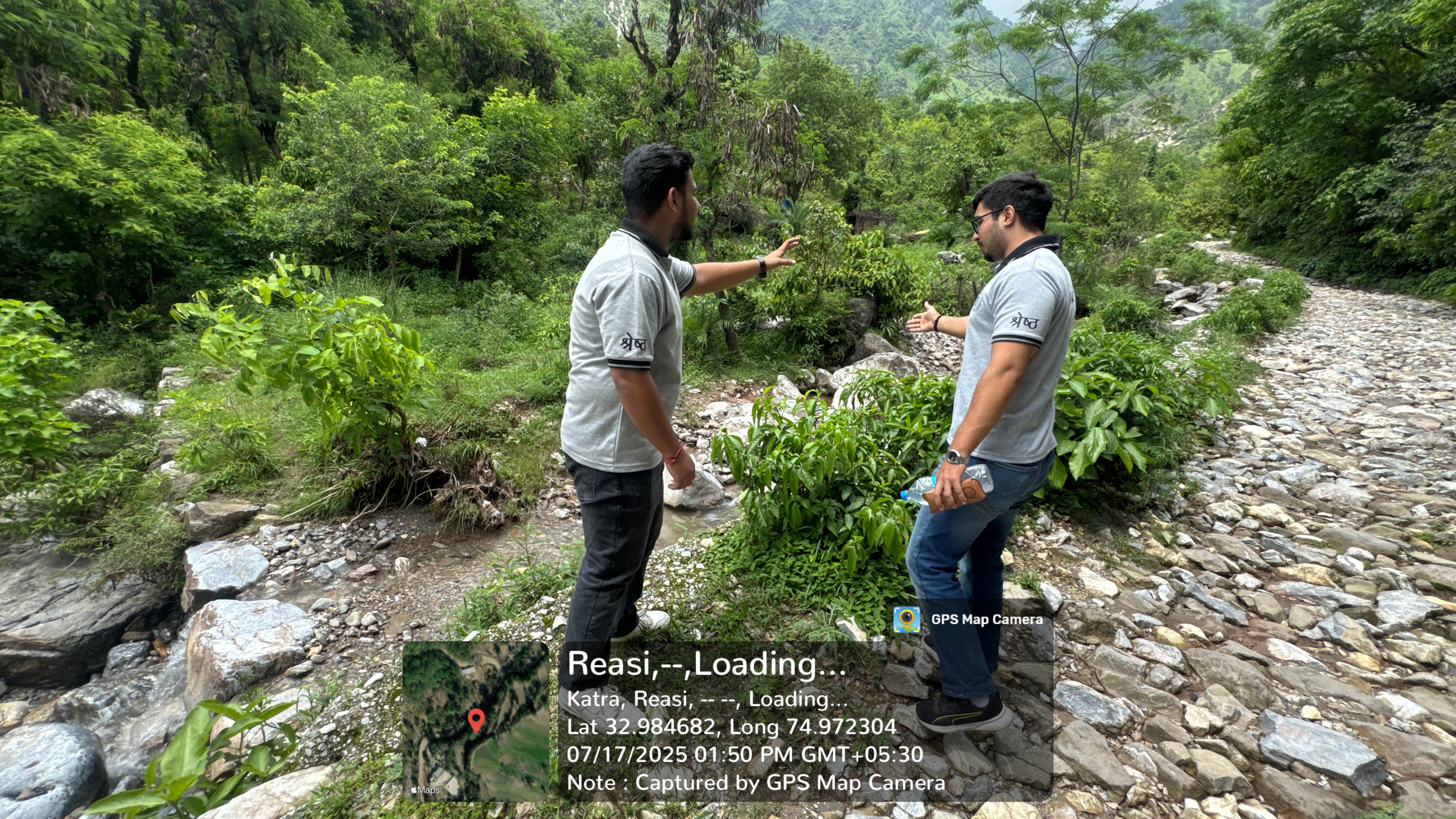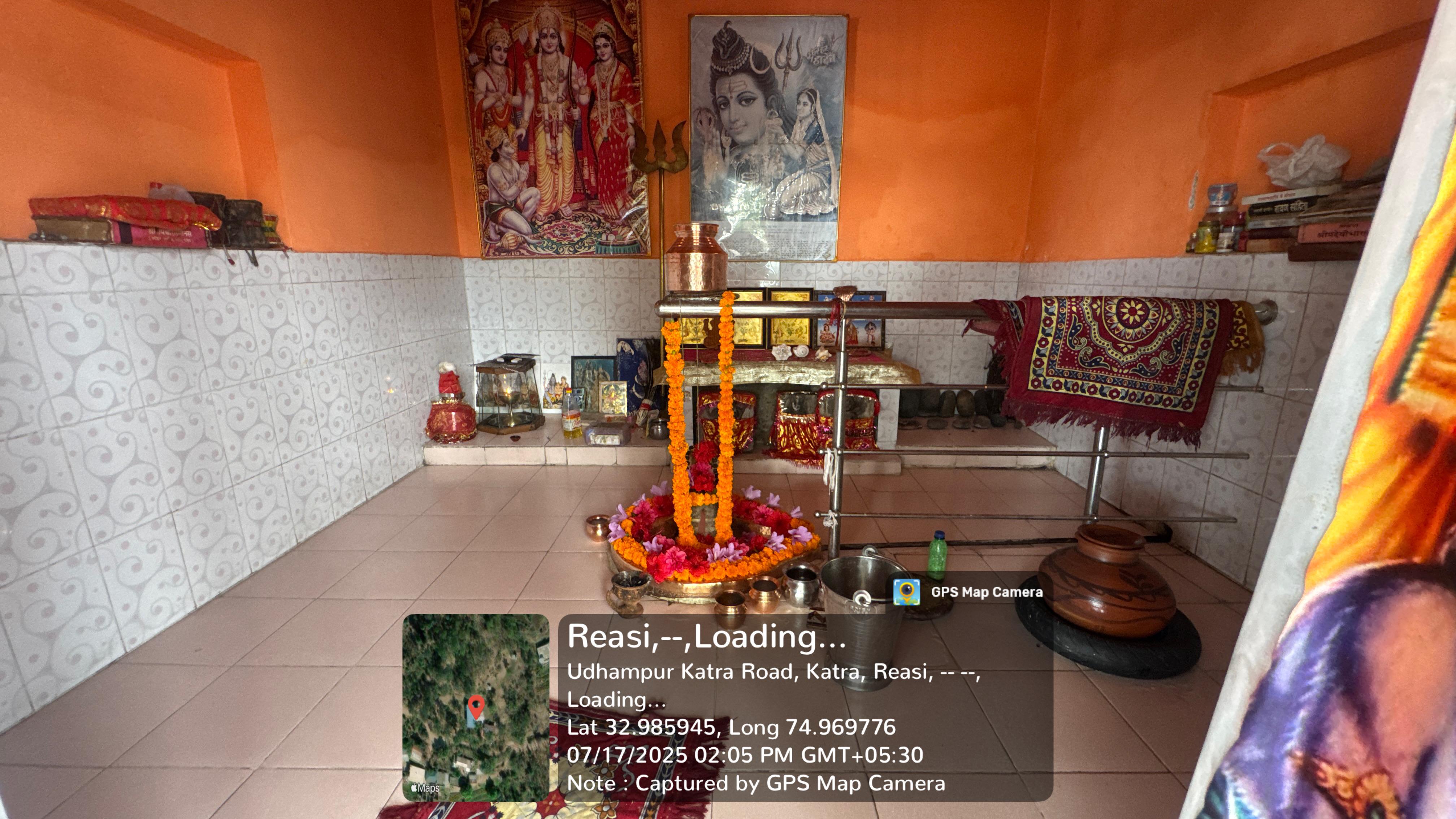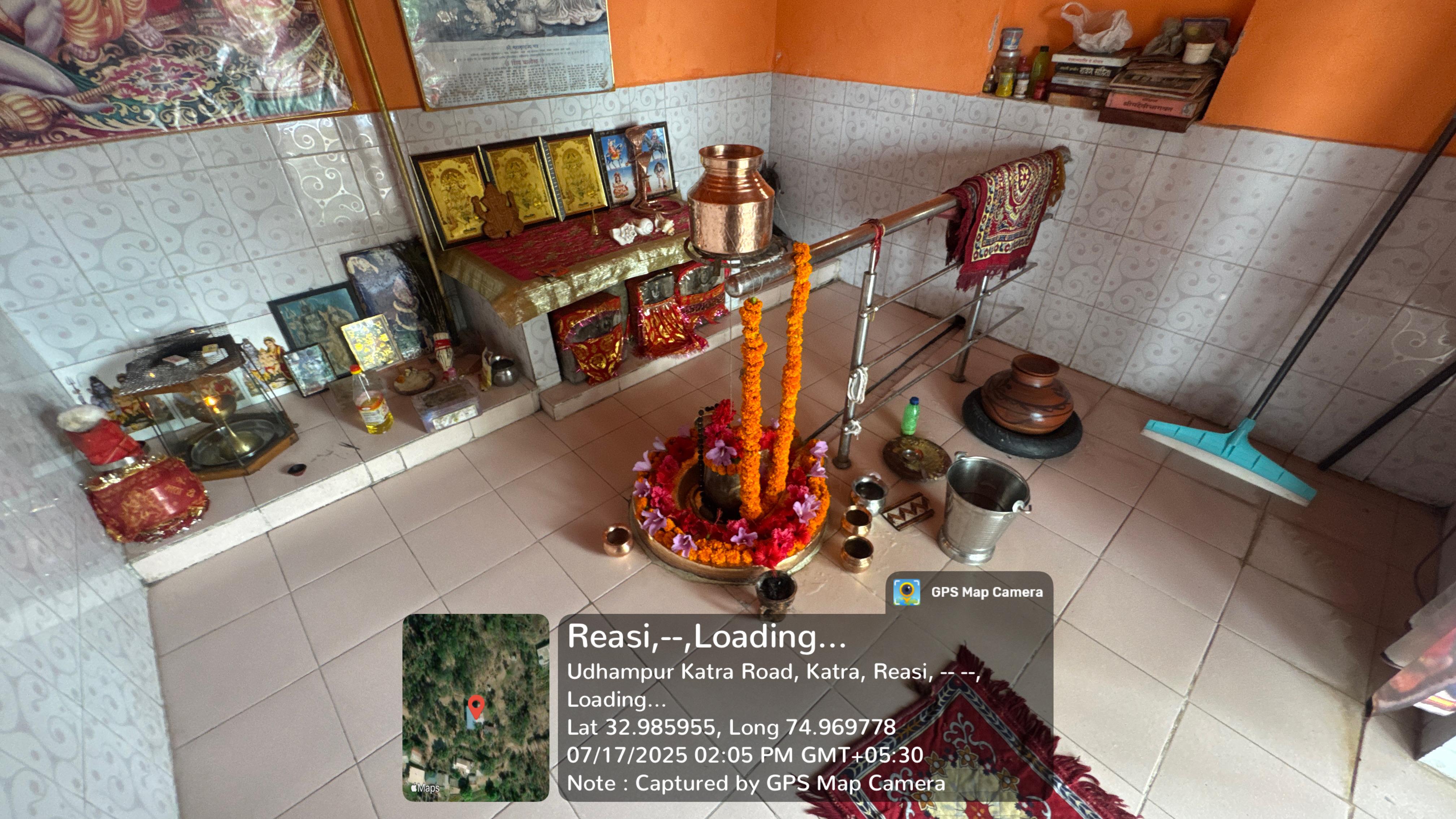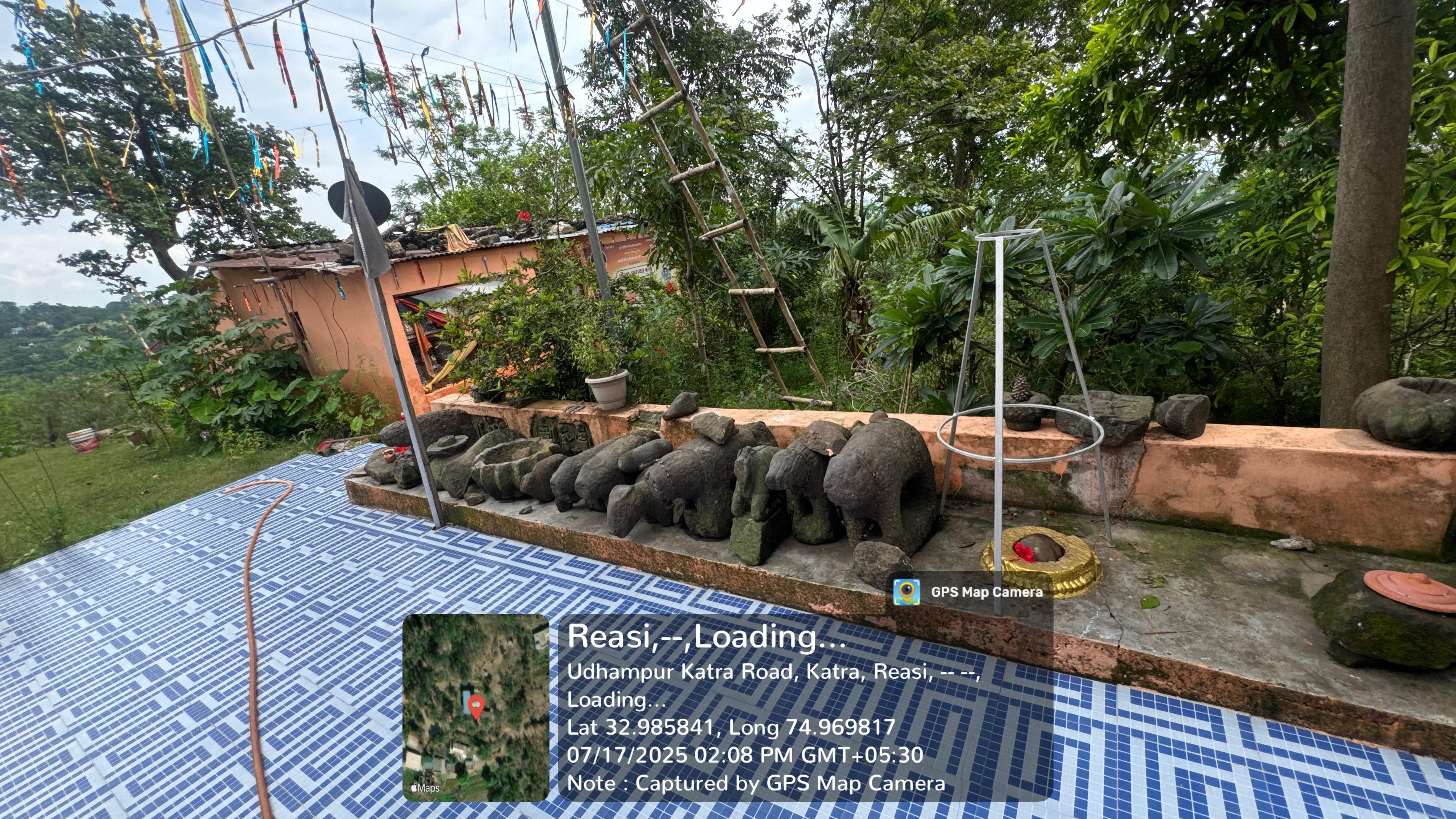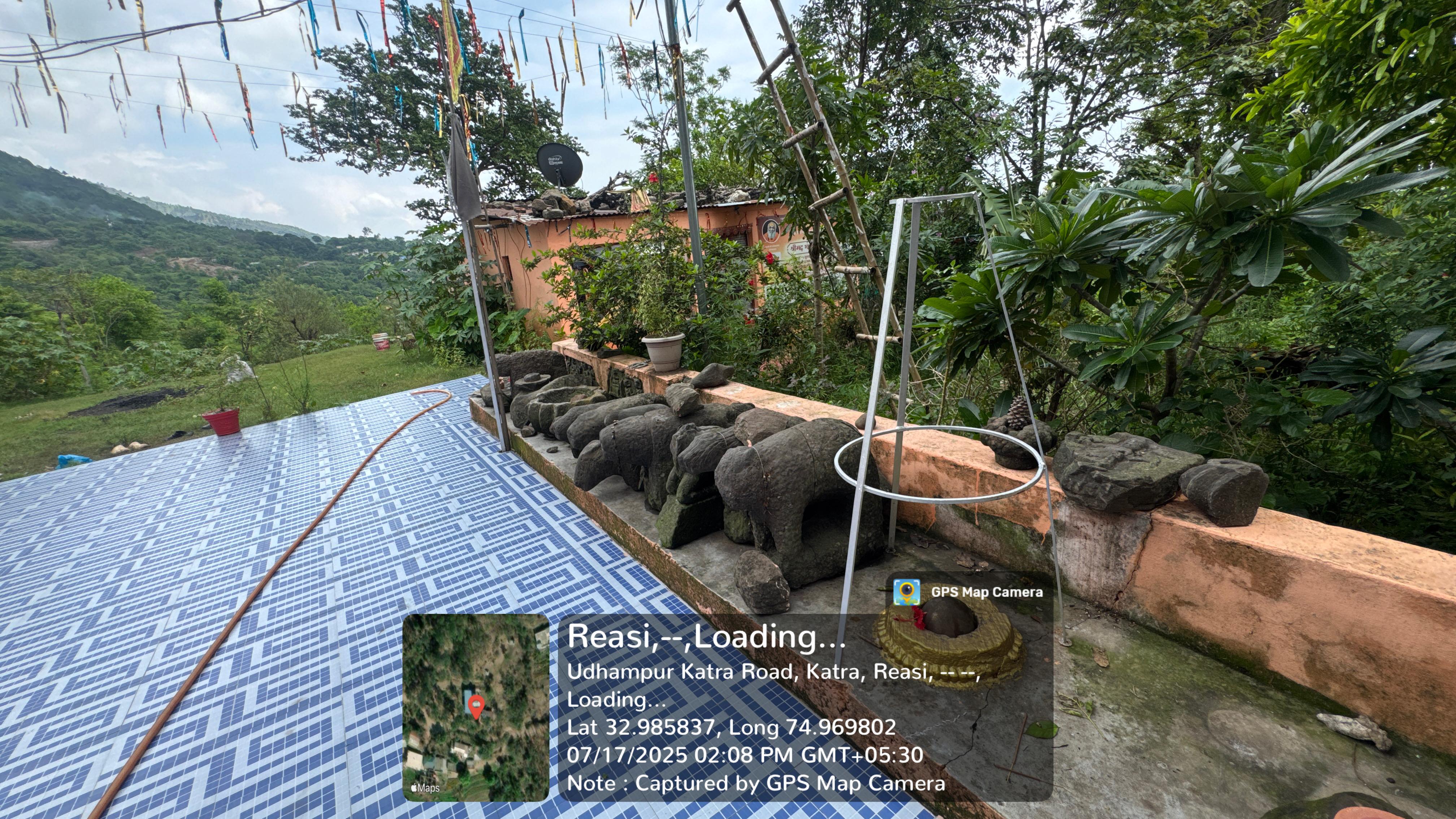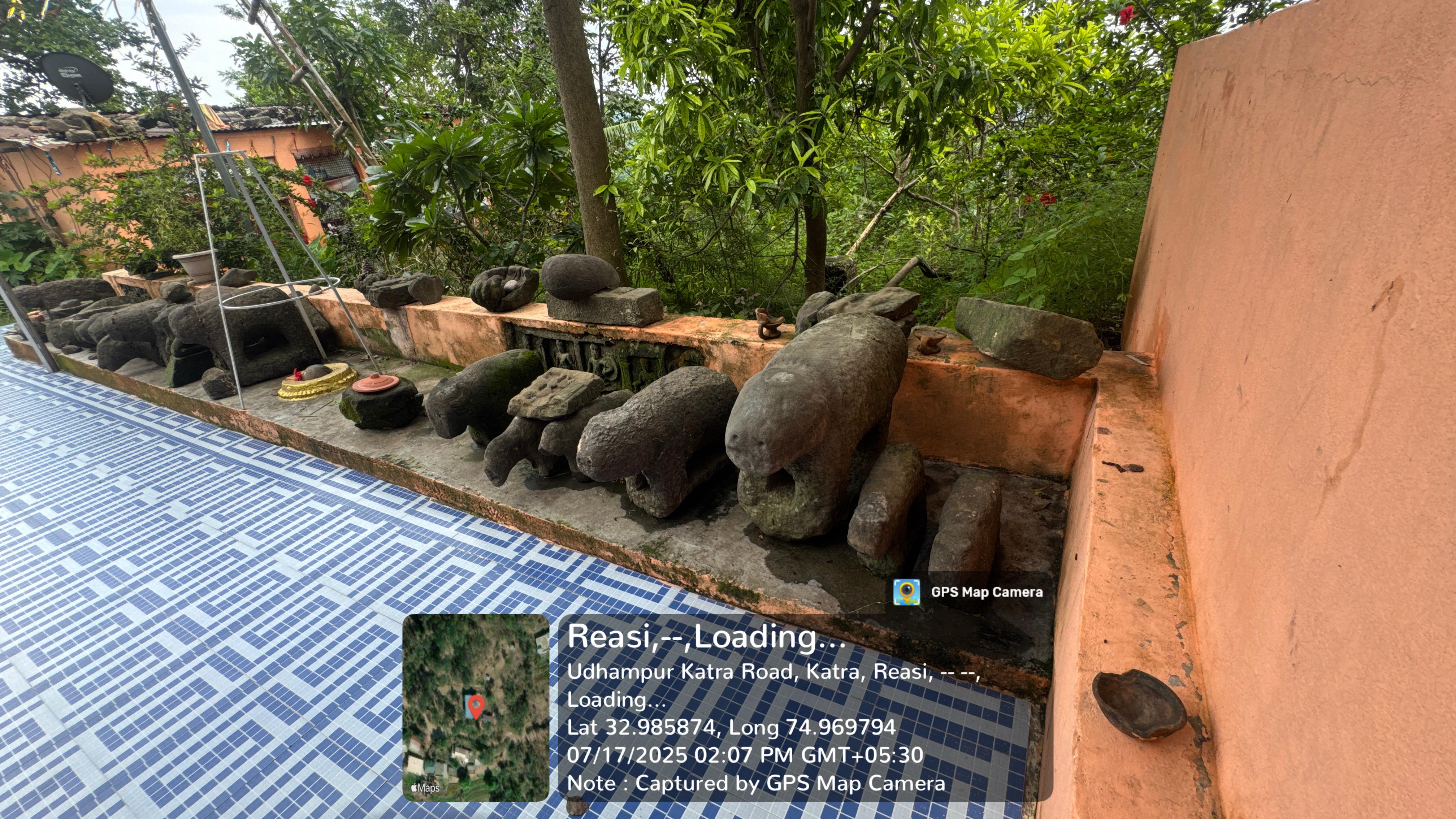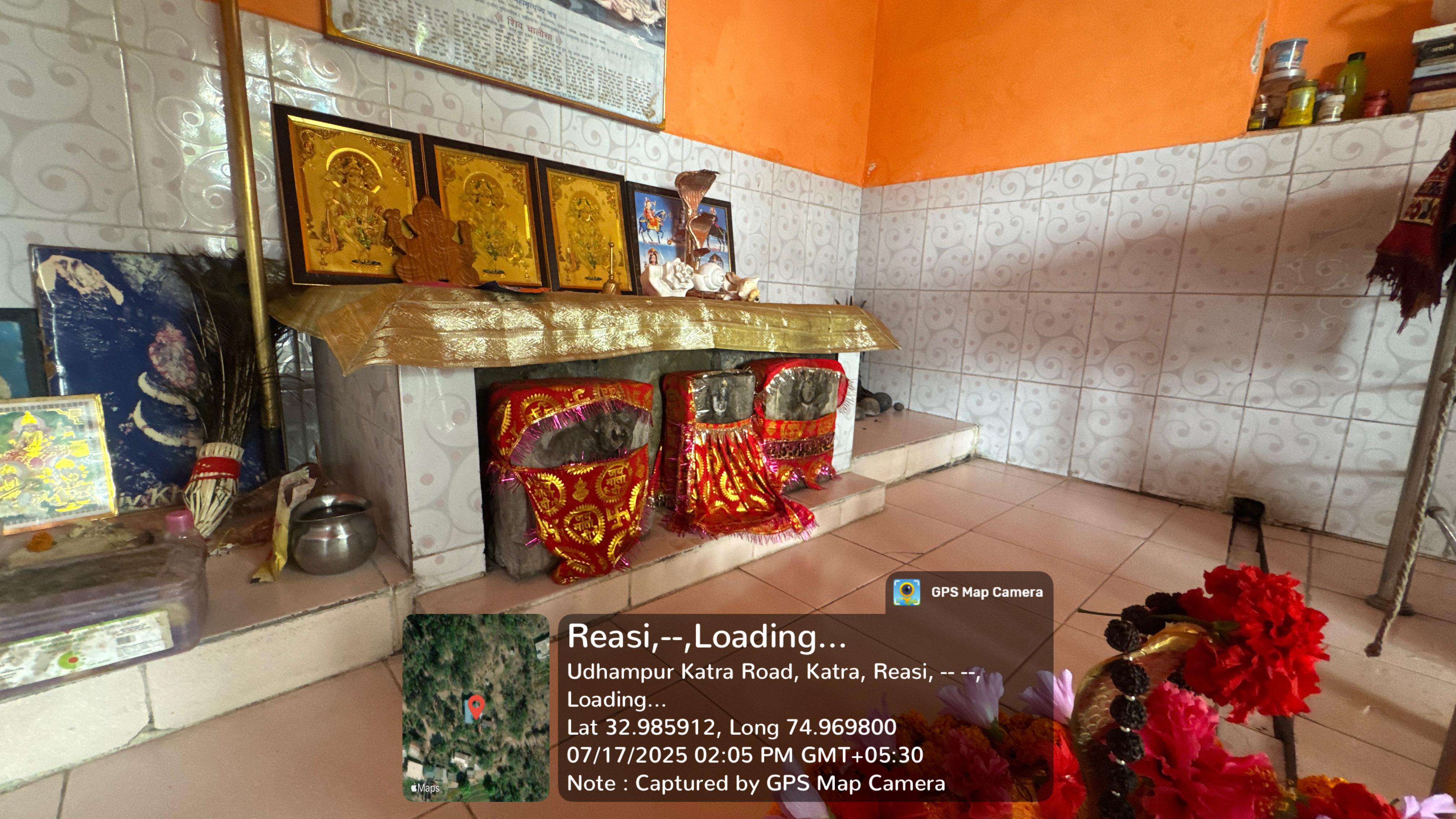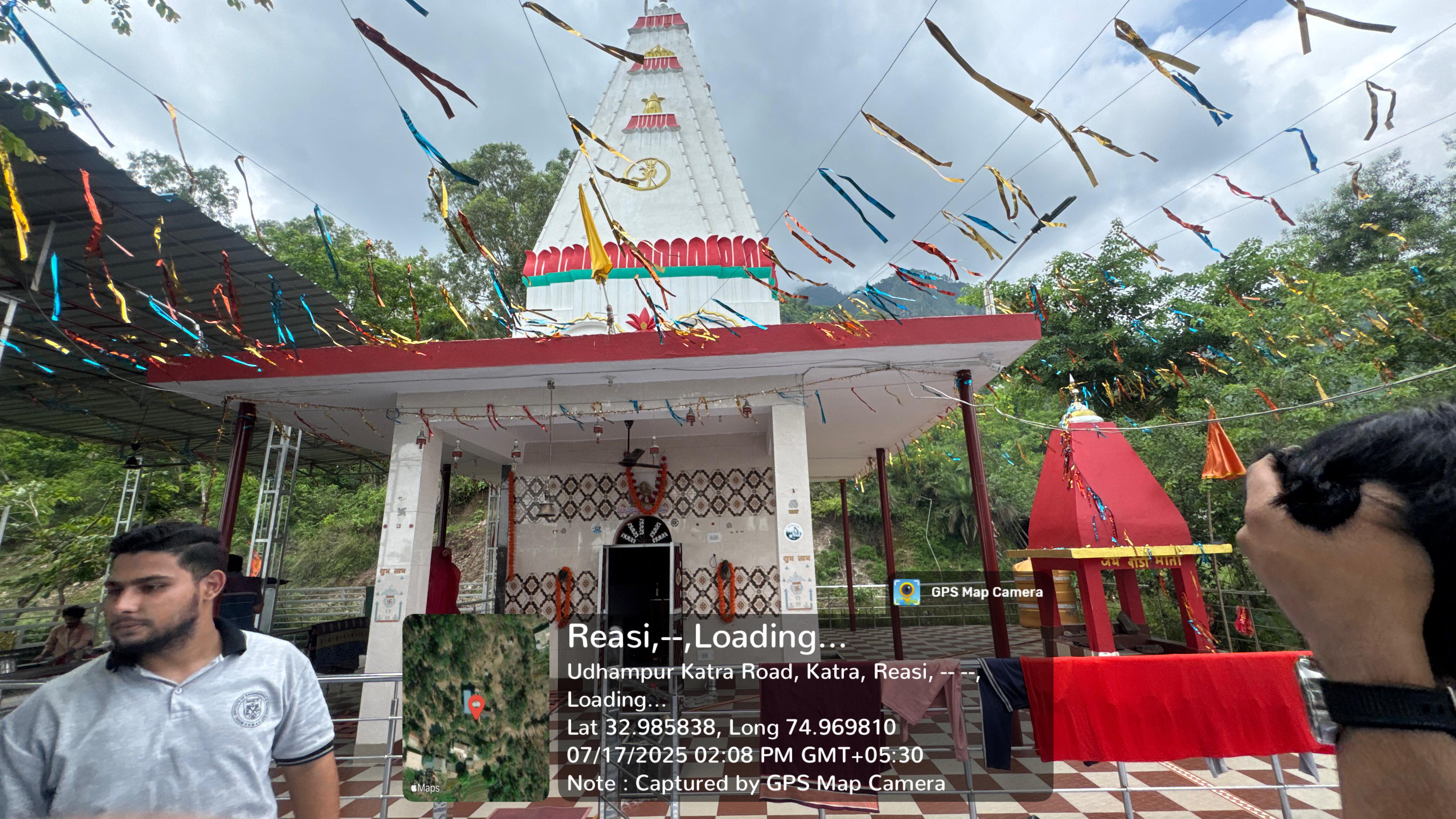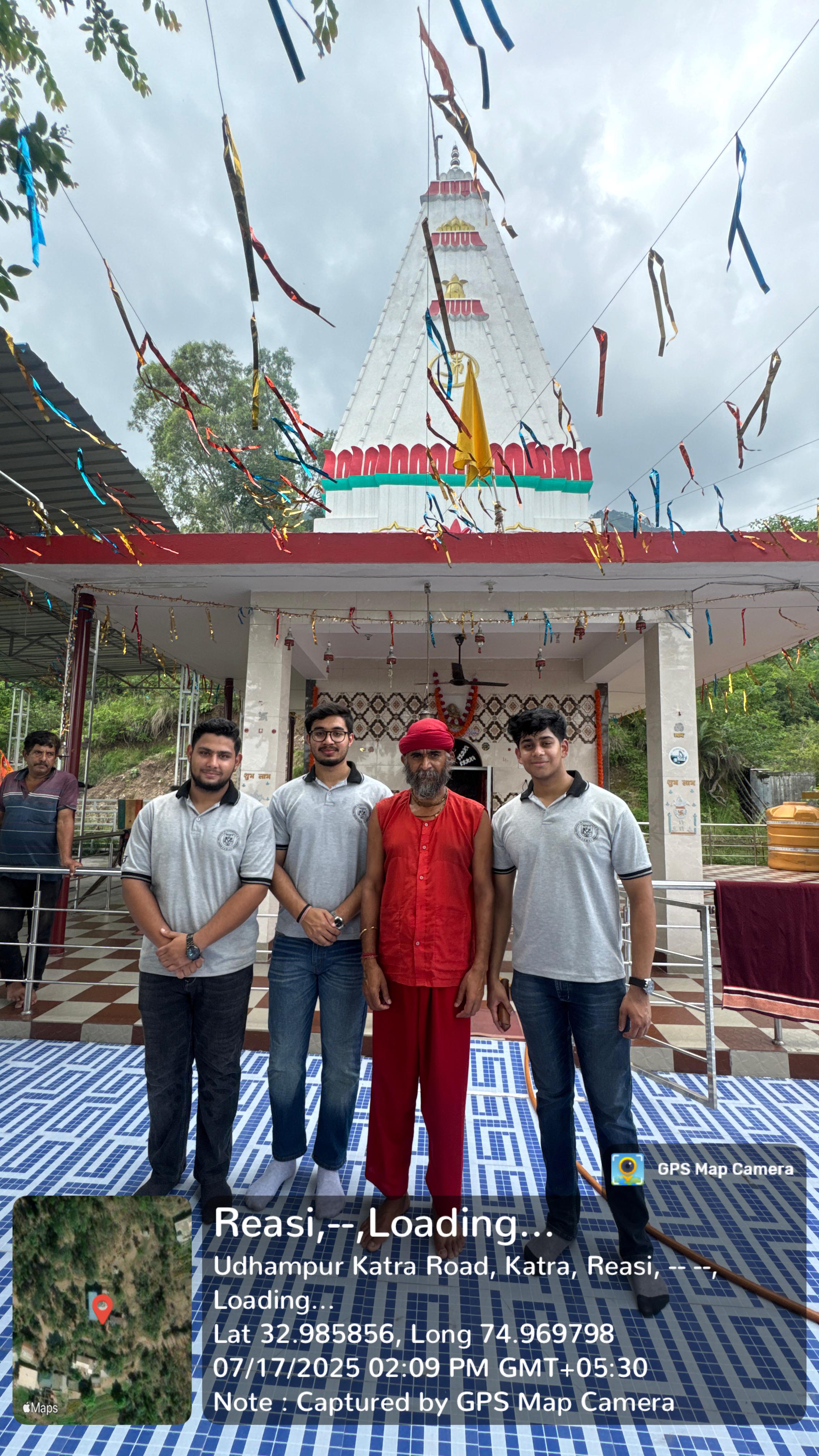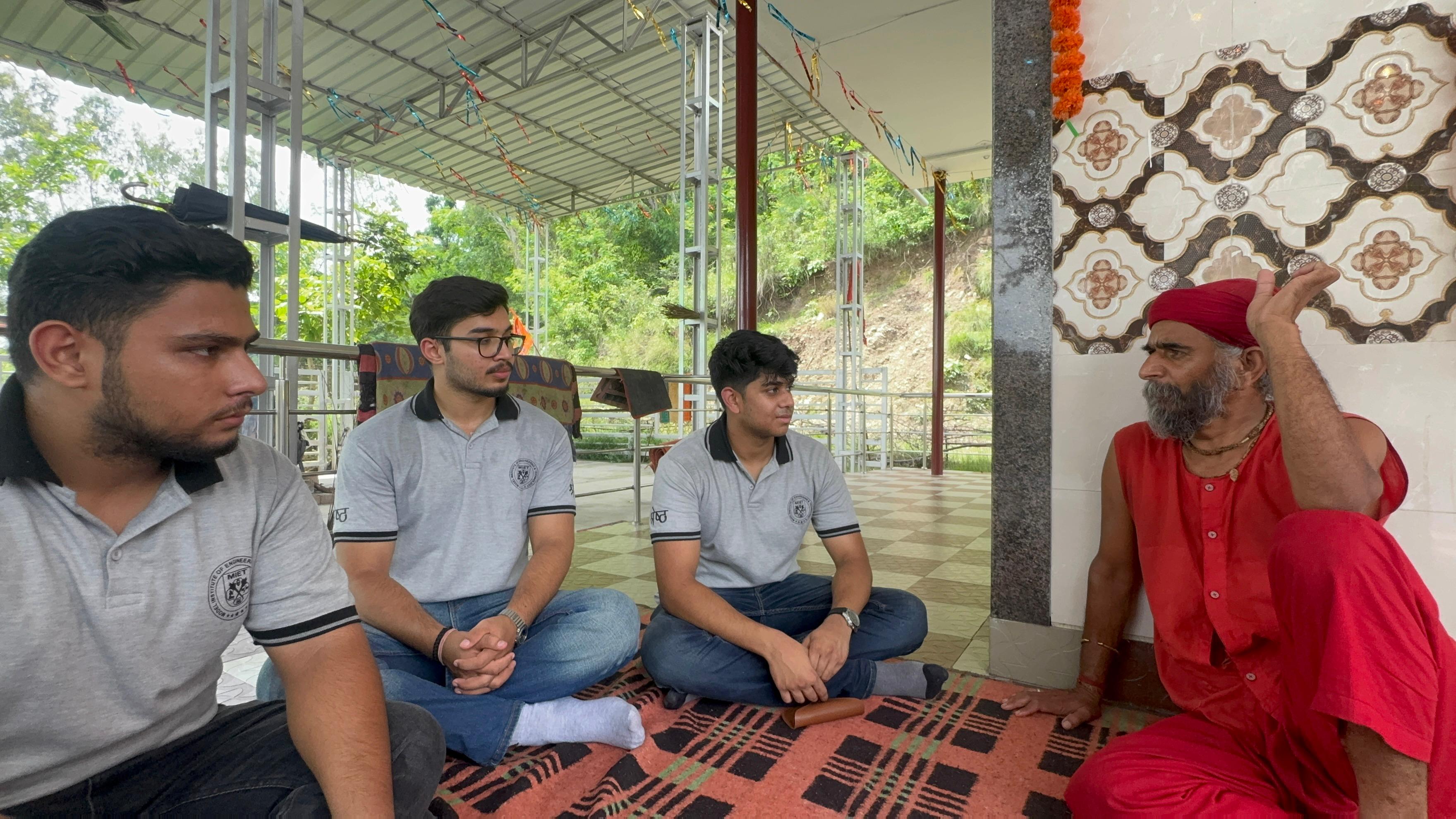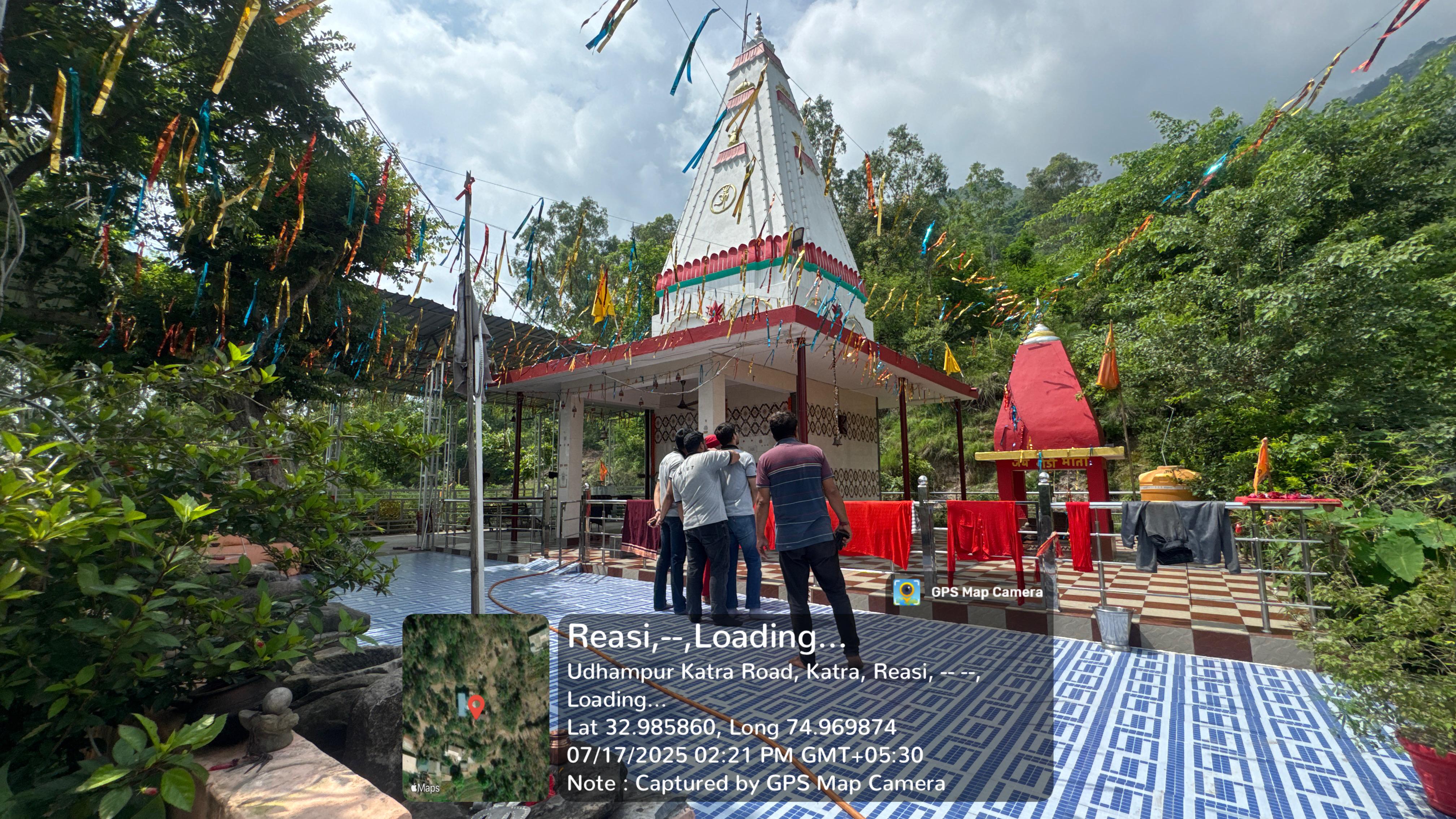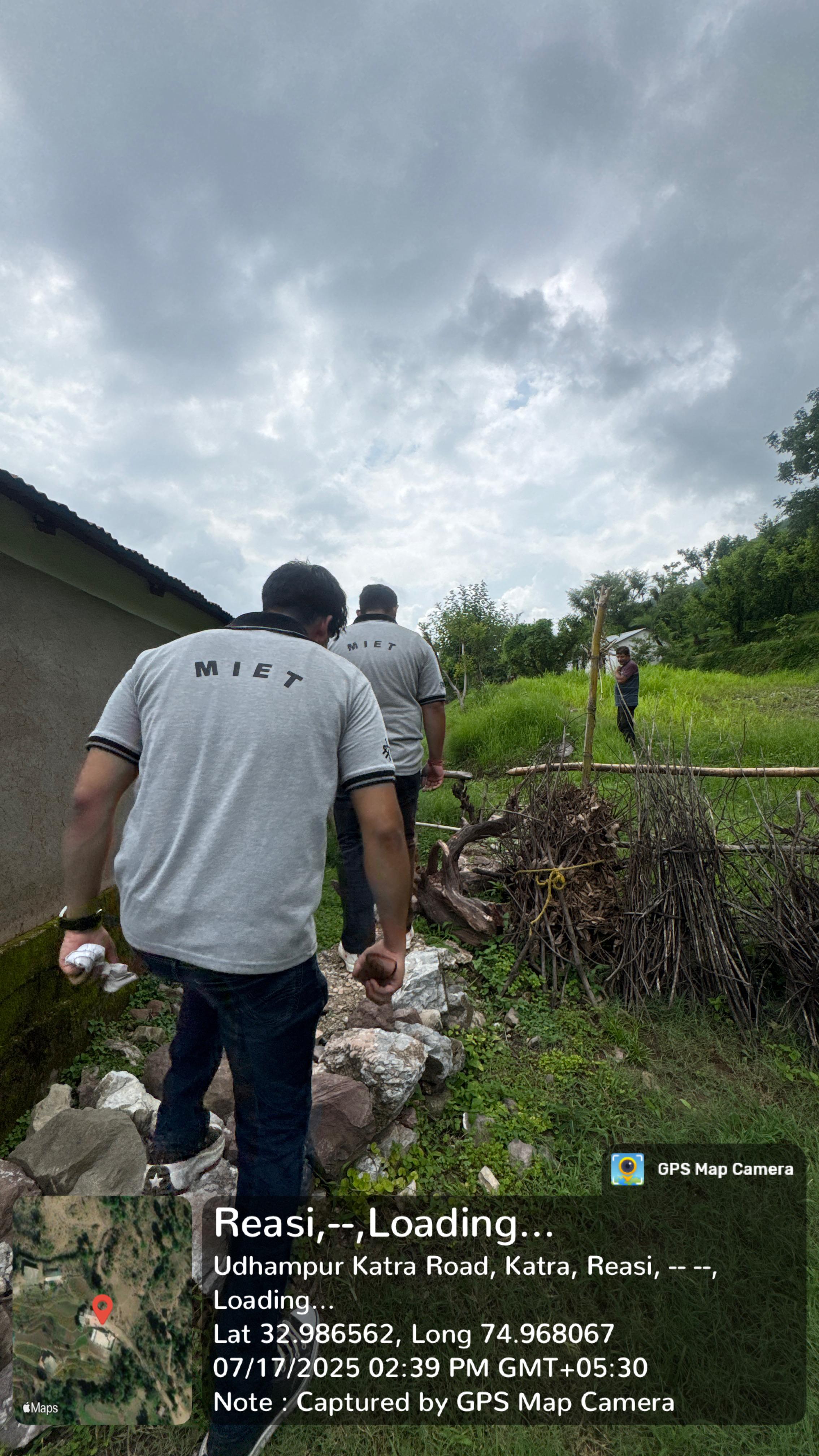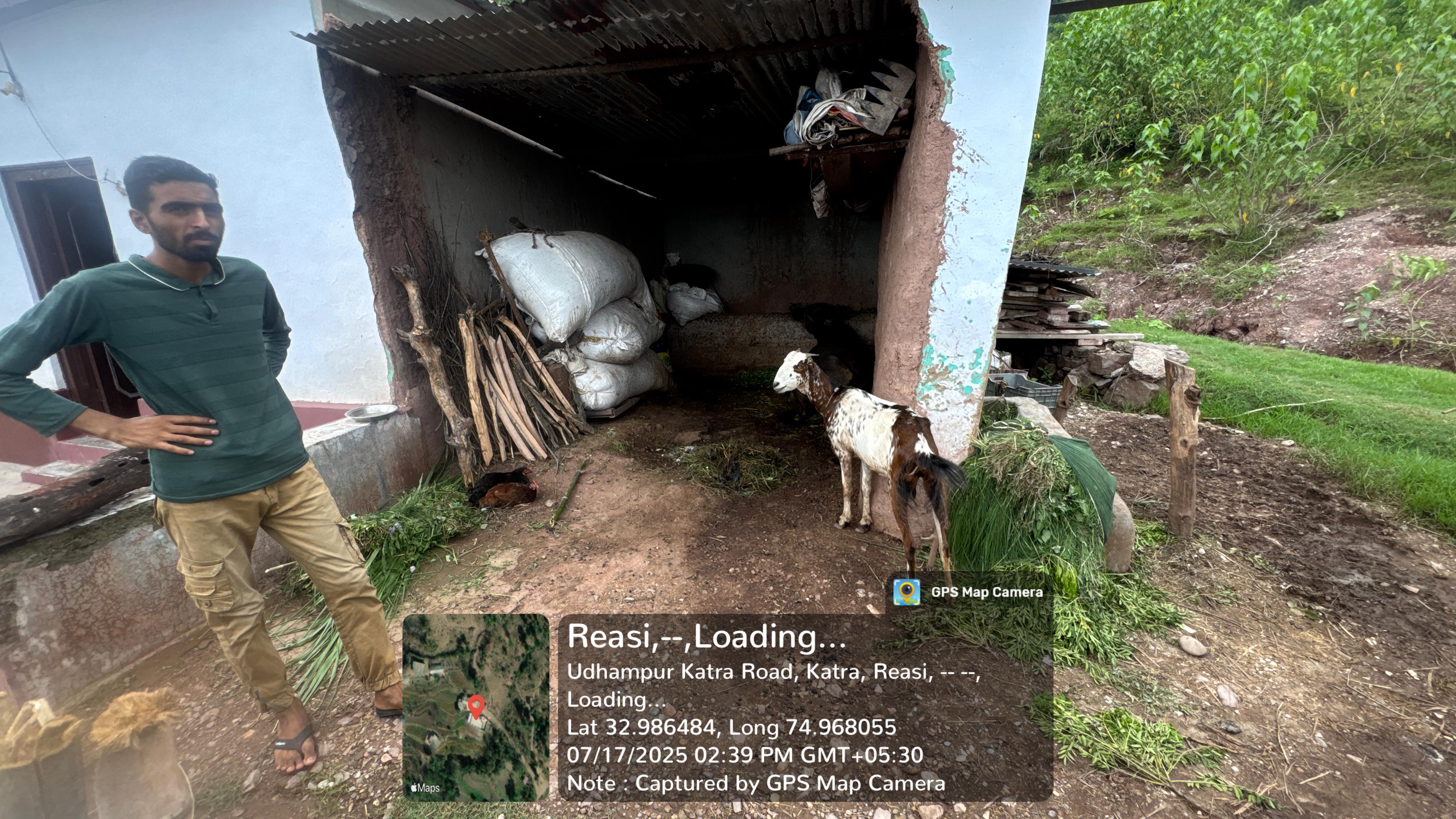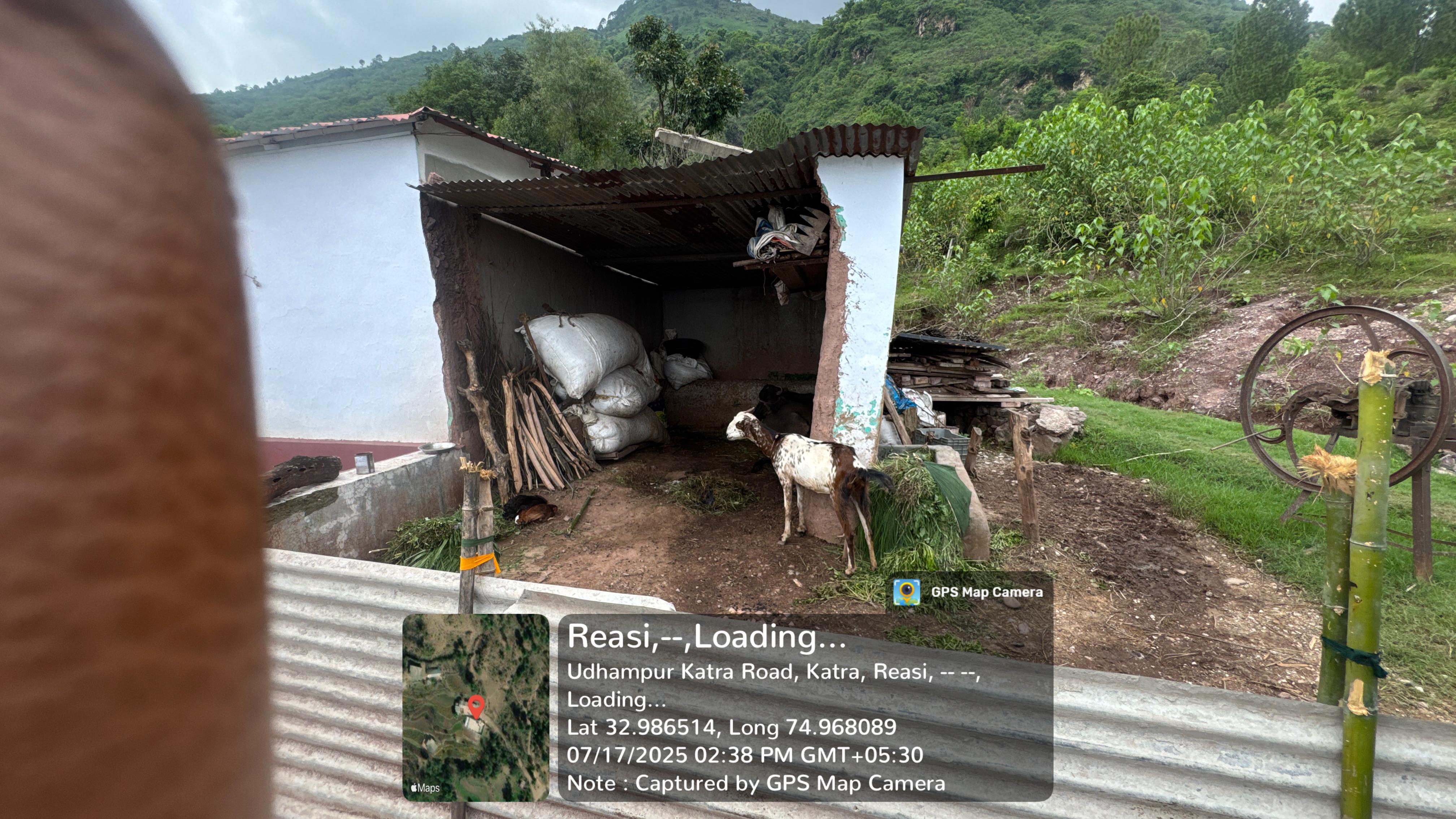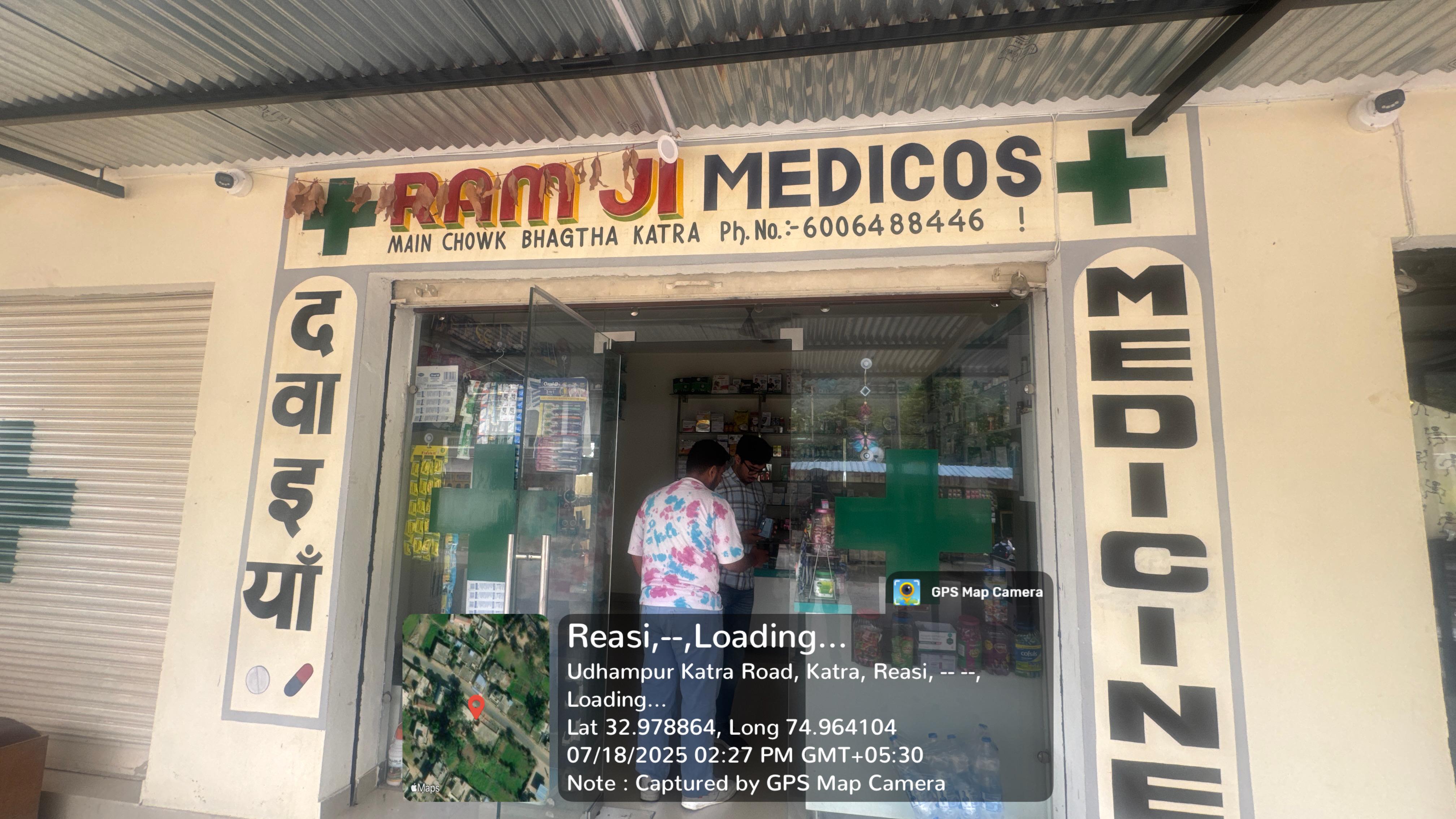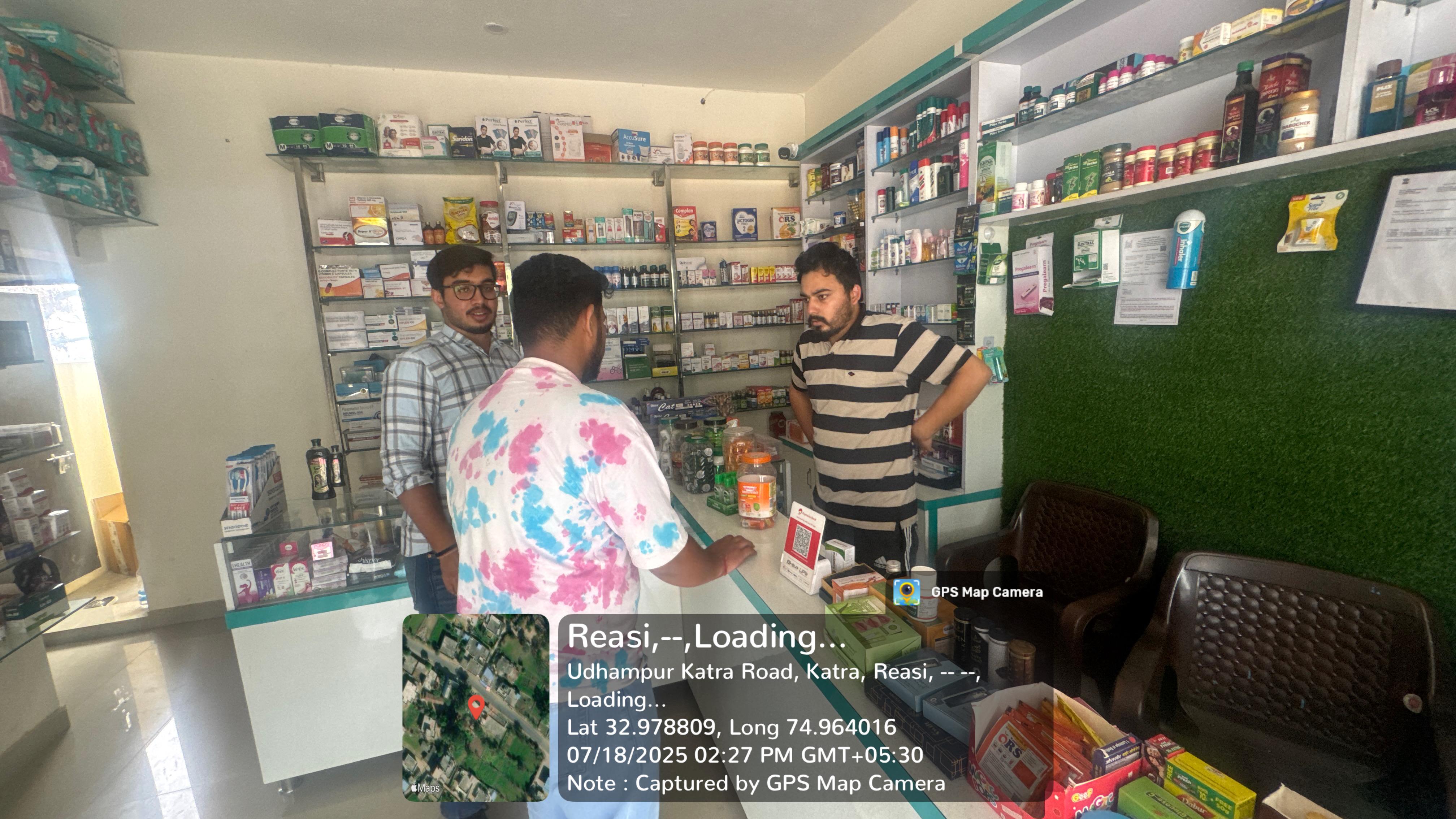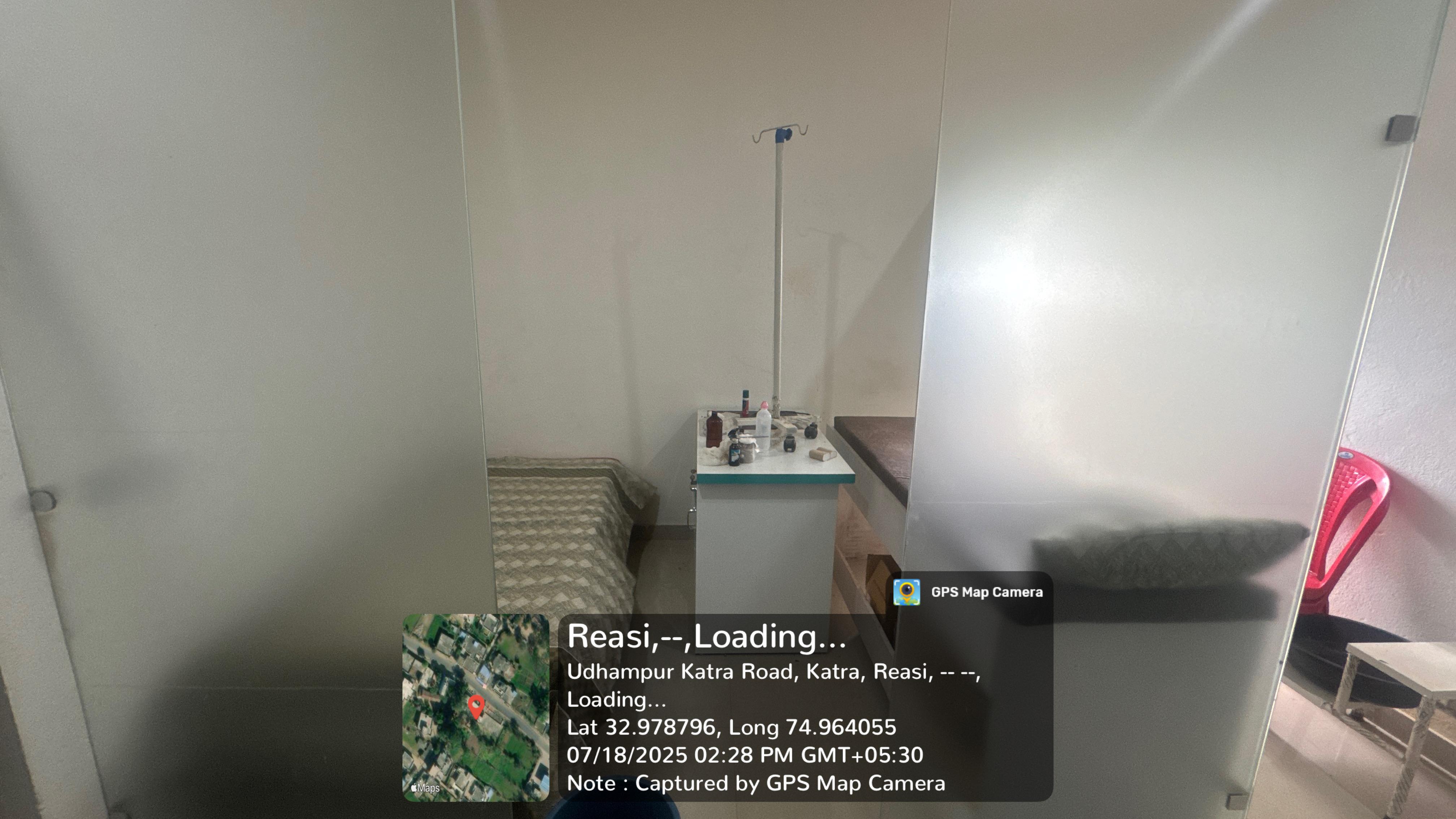Description
Introduction to Bhagta Village
Bhagta, a small yet culturally vibrant village located in the Reasi district of Jammu and Kashmir, reflects the charm of rural life in the lower Himalayas. Nestled amidst fertile fields and rolling hills, the village is known for its peaceful environment, agricultural base, and deep cultural traditions rooted in Dogra heritage. Although modest in size, Bhagta has earned recognition for its high literacy rate, community spirit, and proximity to major spiritual and historical sites. Its identity lies in balancing age-old traditions with the aspirations of a new generation.
Population and Social Structure
According to the 2011 Census, Bhagta is home to approximately 793 residents spread across 164 households. The village has a relatively young demographic, with children (0–6 years) making up about 11% of the population. The overall sex ratio stands at 853 females per 1000 males, while the child sex ratio is slightly better at 875. Scheduled Castes account for around 29% of the population, while Scheduled Tribes form about 16%, making Bhagta a socially diverse settlement. This diversity enriches its cultural life, as different groups contribute their customs, songs, and festivals.
Literacy and Educational Development
Bhagta distinguishes itself from many villages in Jammu and Kashmir with its literacy rate of 80.4%, higher than both the district and state averages. Male literacy is approximately 87%, while female literacy is about 73%, pointing to gradual empowerment of women through education. The village houses primary and middle schools, ensuring early education for children, while secondary and higher secondary institutions are available in nearby Panthal and Reasi. Colleges and universities in Reasi and Jammu offer higher learning opportunities, enabling students to pursue careers in teaching, administration, defense, and other fields.
Economic Life and Occupations
Agriculture remains the mainstay of Bhagta’s economy, with maize, wheat, and pulses forming the staple crops. Vegetables and seasonal fruits are also cultivated to supplement diets and income. About 199 villagers are engaged as main workers, while 241 are marginal workers, indicating the significance of seasonal employment. Alongside farming, several households have members serving in the Indian Army, paramilitary forces, or state government services, reflecting the Dogra martial legacy of the region. Migrant labor and small-scale business ventures further contribute to the village economy.
Cultural Heritage and Traditions
Bhagta’s cultural fabric is woven with Dogra traditions, which emphasize folk art, dance, and community gatherings. Ras dance and folk songs remain popular during festivals and weddings, where music and rhythm bind the community together. The celebration of Lohri, Baisakhi, Holi, Diwali, and Navratri reflects both agricultural cycles and religious devotion. Pilgrimage plays a major role in village life, with residents frequently visiting shrines like Vaishno Devi, Shiv Khori, and Baba Dhansar. Community feasts during festivals highlight traditional Dogra cuisines such as Rajma-Chawal, Makki di Roti, and Sarson da Saag.
Historical and Spiritual Connections
Though Bhagta itself is not famous for a specific historic monument, its proximity to Reasi town and surrounding shrines makes it part of a rich historical and spiritual landscape. The Bhimgarh Fort in Reasi, built in the 8th century and later reconstructed, symbolizes the region’s martial past. Equally significant are religious centers like Shiv Khori cave temple and Aghar Jitto shrine, which attract thousands of pilgrims. Bhagta’s residents share strong connections with these places, often participating in fairs and rituals that reinforce their cultural and religious identity.
Natural Beauty and Local Attractions
The natural surroundings of Bhagta add greatly to its identity. Situated amidst green fields and valleys, the village provides scenic views of the lower Himalayas. The nearby Salal Dam on the Chenab River is both an engineering marvel and a picturesque site, while Siad Baba waterfall offers natural beauty and a serene environment for picnics. For the villagers, these nearby attractions are part of daily life, blending nature with spirituality and history.
Village Lifestyle and Values
Life in Bhagta is simple, community-centered, and strongly tied to agriculture. Most houses are modest structures made of stone, brick, or mud, though modern constructions are slowly increasing. Villagers rely on traditional practices for farming and livestock rearing while embracing new technologies such as tractors and mobile communication. Respect for elders, joint family systems, and cooperative labor during harvest seasons highlight the values of unity and mutual support. Despite modest healthcare facilities, villagers remain resilient, often traveling to Reasi for advanced medical needs.
Cuisine and Culinary Practices
The cuisine of Bhagta reflects the broader Dogra culinary heritage. Staples like wheat, rice, and maize are prepared in traditional styles, accompanied by locally grown vegetables and pulses. Rajma-Chawal is a favorite meal, especially on special occasions. During winters, Makki di Roti with Sarson da Saag provides warmth and nutrition. Pickles, curd, and desi ghee are integral to household kitchens, while festive meals often include sweets like halwa and kheer. Food in Bhagta is not just sustenance but also a symbol of hospitality and cultural pride.
Festivals and Celebrations
Festivals in Bhagta are marked by collective enthusiasm and spiritual devotion. Lohri, celebrating the harvest of winter crops, brings villagers together around bonfires with singing and dancing. Baisakhi, another harvest festival, is celebrated with fairs, prayers, and traditional music. Navratri holds great significance, with families observing fasts and visiting temples, while Diwali and Holi add color and joy to village life. These festivals are occasions for reinforcing bonds, strengthening cultural traditions, and celebrating the rhythms of rural life.
Economic Innovation and Future Prospects
Though primarily agricultural, Bhagta is slowly embracing new economic opportunities. With educated youth seeking careers outside the village, many families are diversifying into small businesses, government jobs, and self-employment. Women’s involvement in handicrafts and dairy farming adds to household income. If better infrastructure, irrigation, and market access are developed, Bhagta could emerge as a model village balancing traditional farming with modern livelihoods.
Educational Infrastructure and Aspirations
Education continues to play a pivotal role in shaping the future of Bhagta. Primary and middle schools within the village lay the foundation, but aspirations often extend beyond. Students travel to Reasi or Jammu for higher studies, aiming for careers in teaching, medicine, engineering, or civil services. Coaching centers and digital learning are gradually influencing the younger generation. Parents see education as a way to secure better futures for their children, signaling a transition from agrarian dependence to diversified opportunities.
Connectivity and Accessibility
Bhagta is connected to Reasi and other nearby towns through rural roads. While transportation is functional, better connectivity could enhance trade, tourism, and healthcare access. The nearest railway stations are in Katra and Jammu, which connect the region to the rest of India. Road improvements and reliable public transport could further integrate Bhagta into regional development. Electricity and mobile connectivity are available, though occasional disruptions reflect the challenges of hilly terrain.
The Identity of Bhagta
Bhagta’s true identity lies in its balance between tradition and progress. Rooted in agriculture and Dogra culture, the village is equally committed to education and modernization. Its scenic location near important shrines and forts ties it to the cultural and historical heritage of Reasi district. Above all, the spirit of community living, hospitality, and resilience defines the people of Bhagta. For those seeking an authentic experience of rural Jammu and Kashmir, Bhagta offers a glimpse into simplicity, tradition, and the aspirations of a proud community.
Photos
Videos
Contact Information
| Phone Number |

